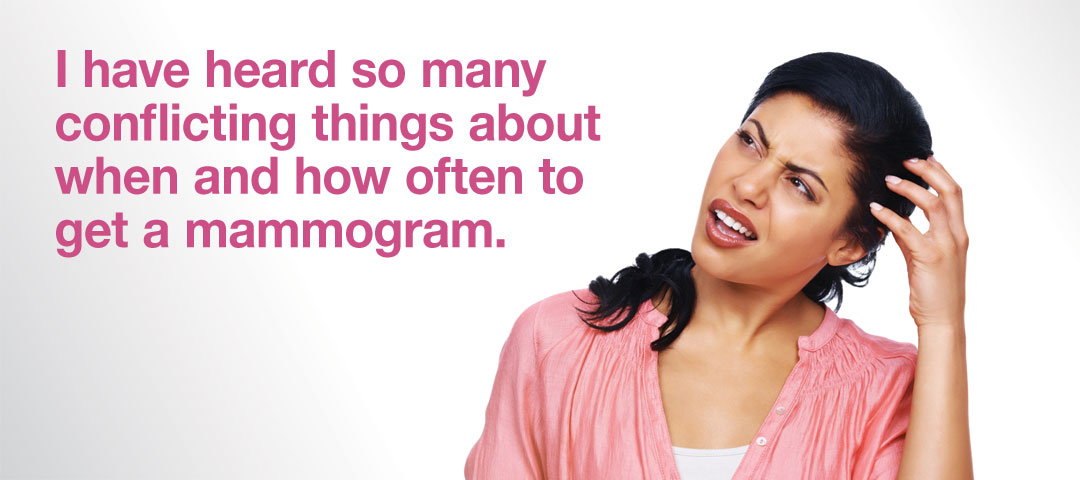
Once again, a clinical study is released claiming that screening mammography is more or less useless. Once again, the media jump on the story. And once again, the study is wrong.
I do foresee a future beyond mammography with more effective screening modalities. But that doesn’t mean I won’t defend mammography when required. Besides, it’s the most widespread and available screening tool we have.
A study in the October 13 New England Journal of Medicine by Dr. H. Gilbert Welch et al. concludes that the reduction in breast cancer mortality over the past several decades is the result of improved therapy, not earlier detection, which the author claims leads to massive over-diagnosis.
Obviously, many breast oncologists and radiologists disagree.
If you’re interested in reading the study, click here. And for the response by Dr. Daniel Kopans, click here.
After reading both the study and the response, I was easily able to see how the study was not only flawed, but that the authors had made “assumptions” about breast cancer incidence that were not correct, nor did they need to make such assumptions since the actual incidence information was readily available. When actual incidence numbers are used, they would have reached a completely different conclusion.
Furthermore, the data used in the study did not distinguish between which women had mammograms, and which cancers were found by mammography. According to Dr. Kopans, “I have never seen a scientifically based paper in which an intervention (mammography) is blamed for an outcome when there are no data on the intervention relative to the outcome.”
“What should not be missed,” Kopans concludes, “is that if actual data are used, and not guesses, this paper confirms that the major decline in breast cancer deaths that has been seen since 1990 is predominantly due to earlier detection from screening.”
Welch was the co-author of a previous study in a 2012 issue of the NEJM in which he concluded that overdiagnosis accounted for nearly a third of all newly diagnosed breast cancers. The same incidence “assumptions” were used in this study as well, and of course had the same impact on the accuracy of the conclusions.
According to Welch, “It’s a mistake to consider making mammography screening a public health imperative. Rather, it’s a choice, and there’s no single right answer. Women who feel positive about mammography should continue, but those who have felt pushed into it, or who have had negative experiences with false positives should feel equally good about not doing it.”
Hmmm. He’s suggesting that women who somehow know in advance that they will have breast cancer should get themselves screened and those who know they won’t shouldn’t bother and maybe even feel good about their decision…?
Flawed studies like this—when published in prestigious medical journals— can and do impact the recommendations of advocacy groups, such as American Cancer Society, Susan G. Komen and others. They impact recommendations from the U.S. Preventive Services Task Force. They influence doctors to stop recommending the test. And they lead to reduced or eliminated insurance coverage, which definitely impacts a woman’s decision whether or not to make this test “optional.”
In other words, downgrading breast cancer screening from “recommended” to “optional” means less women will be screened and more women will die.
Not such a great option.
NEJM Article:
http://www.nejm.org/doi/full/10.1056/NEJMoa1600249
Dr. Kopans Response:
http://www.auntminnie.com/index.aspx?sec=ser&sub=def&pag=dis&ItemID=115330
